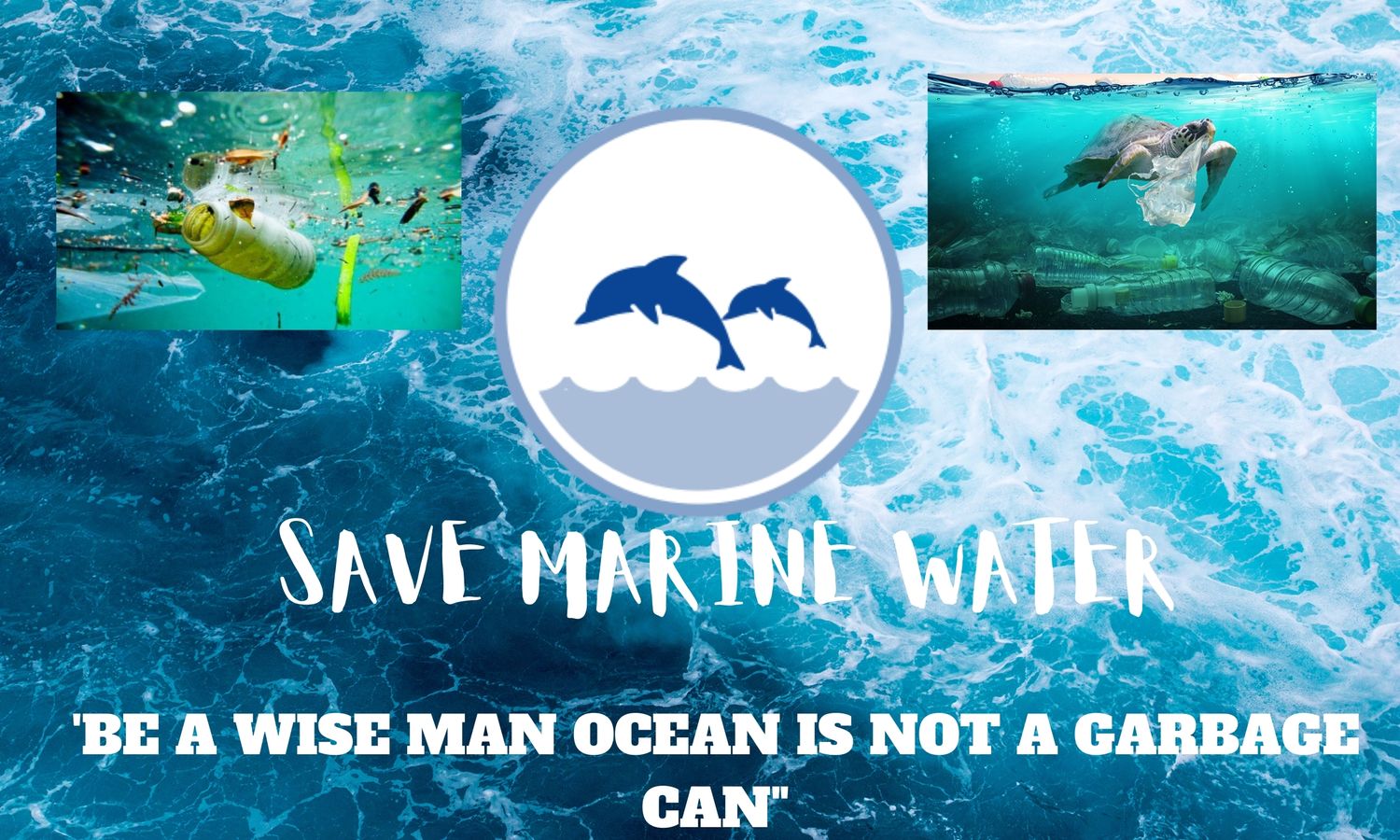Life Below Water
Life Below Water

Healthy sea and ocean are fundamental for our existence: they cover 70% of the planet and we depend on them for food, energy, and water. However, we have figured out how to harm these valuable resources we should ensure them by lessening pollution and overfishing quickly start to responsibly manage and secure all the marine life all throughout the planet.
Seas are our planet’s life support-system and manage the worldwide environment framework. They are the world’s biggest ecosystem, home to almost 1,000,000 known species and containing huge undiscovered potential for logical disclosure. Seas what’s more, fisheries proceed to the worldwide employment and income, social plus environment necessities. Regardless of the basic significance of saving seas, many years of irresponsibility.
So, what’s the issue?
The sea retains around 23% of yearly CO2 discharges produced by human action and helps mitigate the effects of environmental change. The sea has additionally retained more than 90% of the heat in the environment framework. Sea heat is at record levels, causing far reaching marine heatwaves, undermining its rich biological systems and killing coral reefs all throughout the planet. Expanding levels of trash on the planet’s seas are likewise having a significant ecological and impact. Consistently, an expected 5 to 12 million measurement huge loads of plastic enters the sea, costing generally $13 billion every year – including tidy up costs and economic effects in fisheries and other businesses. About 89% of plastic litter found on the sea depths are single-use things like plastic packs. About 80% of all travel industry happens in waterfront regions. The sea related the travel industry grows an assessed US$ 134 billion every year and, in a few nations, the business as of now upholds over a third of the workforce misuse have prompted a disturbing degree of degradation. Current measures to secure key marine conditions and limited scope fisheries, and to contribute in sea science are not however meeting the earnest need to protect this huge, yet delicate, resources.
Targets that are set by UN to protect the marine life-
- Protect and restore ecosystems
- Reduce ocean acidification
- Sustainable fishing
- Conserve coastal and marine areas
· End subsidies contributing to overfishing
- Increase the economic benefits from sustainable use of marine resources
- Increase scientific knowledge, research and technology for ocean health
- Support small scale fishers.
- Implement and enforce international sea law